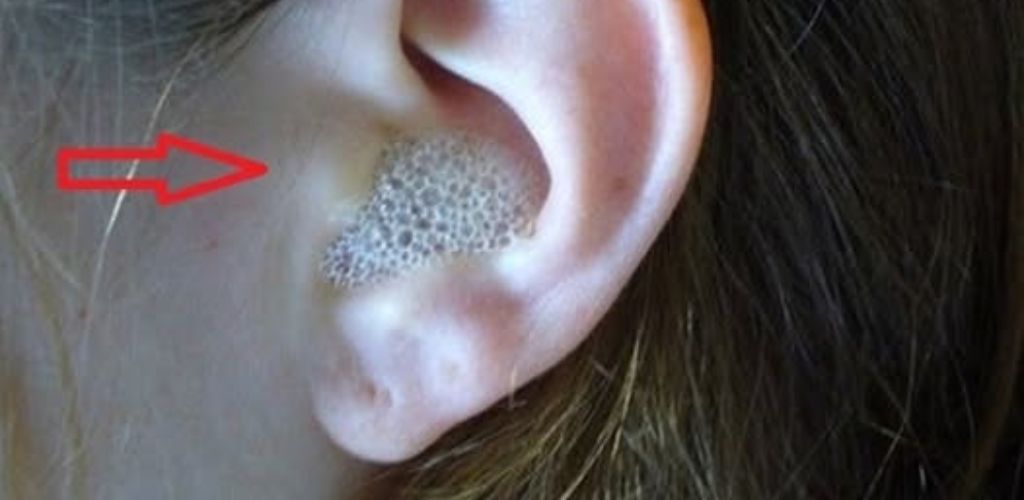27.02.2025
A method for cleaning the ear 👂 from blockage and dirt, you can add it immediately after the unpleasant feeling in the ear!
Earwax is a natural and helpful substance that protects your ear canal. However, sometimes it can build up and cause discomfort. Here’s a breakdown of safe ear cleaning practices, and what to avoid:
Safe Methods for Ear Cleaning:
- Outer Ear Cleaning:
- The simplest and safest method is to gently clean the outer ear with a warm, damp washcloth.
- This removes any excess wax that has naturally migrated to the outer ear.
- Earwax Softening Drops:
- Over-the-counter earwax softening drops (containing ingredients like mineral oil, baby oil, glycerin, or hydrogen peroxide) can help loosen impacted earwax.
- Follow the instructions on the product label.
- These drops help to soften the ear wax, so that it can naturally fall out of the ear.
- Ear Irrigation:
- After softening the earwax, you can use a bulb syringe to gently irrigate the ear with warm water.
- Ensure the water is at body temperature to avoid dizziness.
- This is best done after the ear wax has been softened with ear drops.
- If you have had any ear surgery, or have had a ruptured ear drum, do not irrigate your ears.
- Professional Removal:
- If you experience persistent ear blockage, pain, or hearing loss, consult a doctor or audiologist.
- They can safely remove impacted earwax using specialized tools.
Things to Avoid:
- Cotton Swabs:
- Using cotton swabs or other objects (like hairpins or paper clips) to clean your ears is strongly discouraged.
- These objects can push earwax deeper into the ear canal, causing impaction or damage to the eardrum.
- Ear Candling:
- Ear candling is an unsafe and ineffective practice. It can cause burns, ear canal blockage, and eardrum damage.
- Forceful Irrigation:
- Avoid forcefully squirting water into your ear canal, as this can damage the eardrum.
When to See a Doctor:
- If you experience:
- Ear pain
- Hearing loss
- Dizziness
- Ear drainage
- Persistent ear blockage
Key Takeaways:
- The ears are generally self-cleaning.
- Avoid inserting objects into your ear canal.
- Consult a doctor for persistent ear problems.
- It is always best to consult with a doctor before attempting to clean your ears if you have any doubts.
